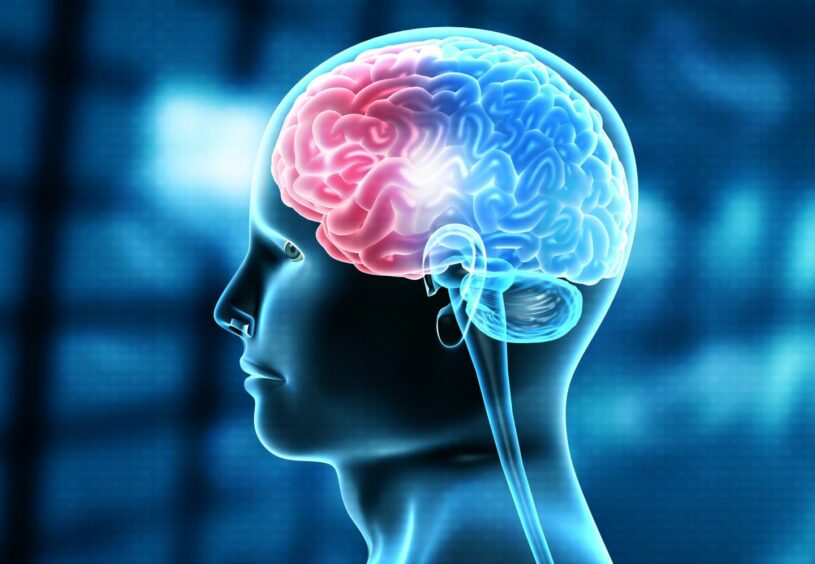Scottish epilepsy patients as young as two could be given new cannabis-based medication today approved for use on the NHS.
Health bosses have given the green light to Epidyolex, which can help treat the symptoms of a rare genetic disease affecting around one in 10,000 people.
Tuberous sclerosis complex (TSC) causes tumours to grow in the body and around 80% of patients develop epilepsy from it, typically in their first year of life.
Additionally, for the majority of people, their condition doesn’t respond to standard anti-seizure medication – making today’s Scottish Medical Consortium decision a potential game-changer.
Scotland has become the second UK nation to approve the oral solution for use, following Wales.
Medication ‘desperately needed’ for families
Louise Fish, the chief executive of the Tuberous Sclerosis Association, says life could now be very different for those with the debilitating condition.
“TSC is often a difficult to manage condition… and up to 60% of people with TSC-related epilepsy do not respond to standard anti-seizure medication,” she said.
“New treatment options are desperately needed, and we are delighted that this medicine will now be available on the NHS for eligible patients in Scotland.”
What is TSC and how will cannabis help?
TSC is a rare, genetic condition which causes non-cancerous tumours to grow in organs including the brain, heart and eyes.
These can cause seizures as well as learning disabilities, skin abnormalities and breathing problems.
And if the seizures aren’t controlled through medicine, they can eventually cause brain damage.

Research has shown that medical cannabis acts on cells in the body, such as those in the brain, and has stopped some people’s seizures altogether.
While some cannabis-based medications are now being permitted for medical reasons, cannabis itself remains a Class B drug and is illegal to use recreationally or sell in the UK.
Epidyolex contains highly-purified cannabidiol (CBD), and has been developed by medical cannabis specialists GW Pharmaceuticals.
Chris Tovey, the executive vice president of parent firm Jazz Pharmaceuticals, said: “This is an important decision by the SMC and an exciting development for patients, their families and clinicians in Scotland.
“The decision to reimburse Epidyolex demonstrates that, if provided with high-quality evidence, health authorities can provide access to rigorously-tested cannabis-based medicines to patients who could benefit from them.”
Read more:
Aberdeenshire farmers replace barley with cannabis as they launch hemp initiative
Scotland’s first medical cannabis clinic welcomes 500 patients in one week
